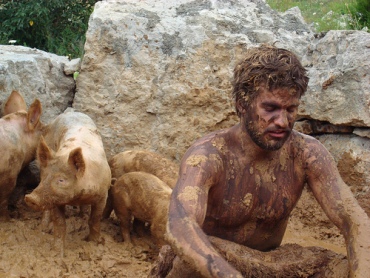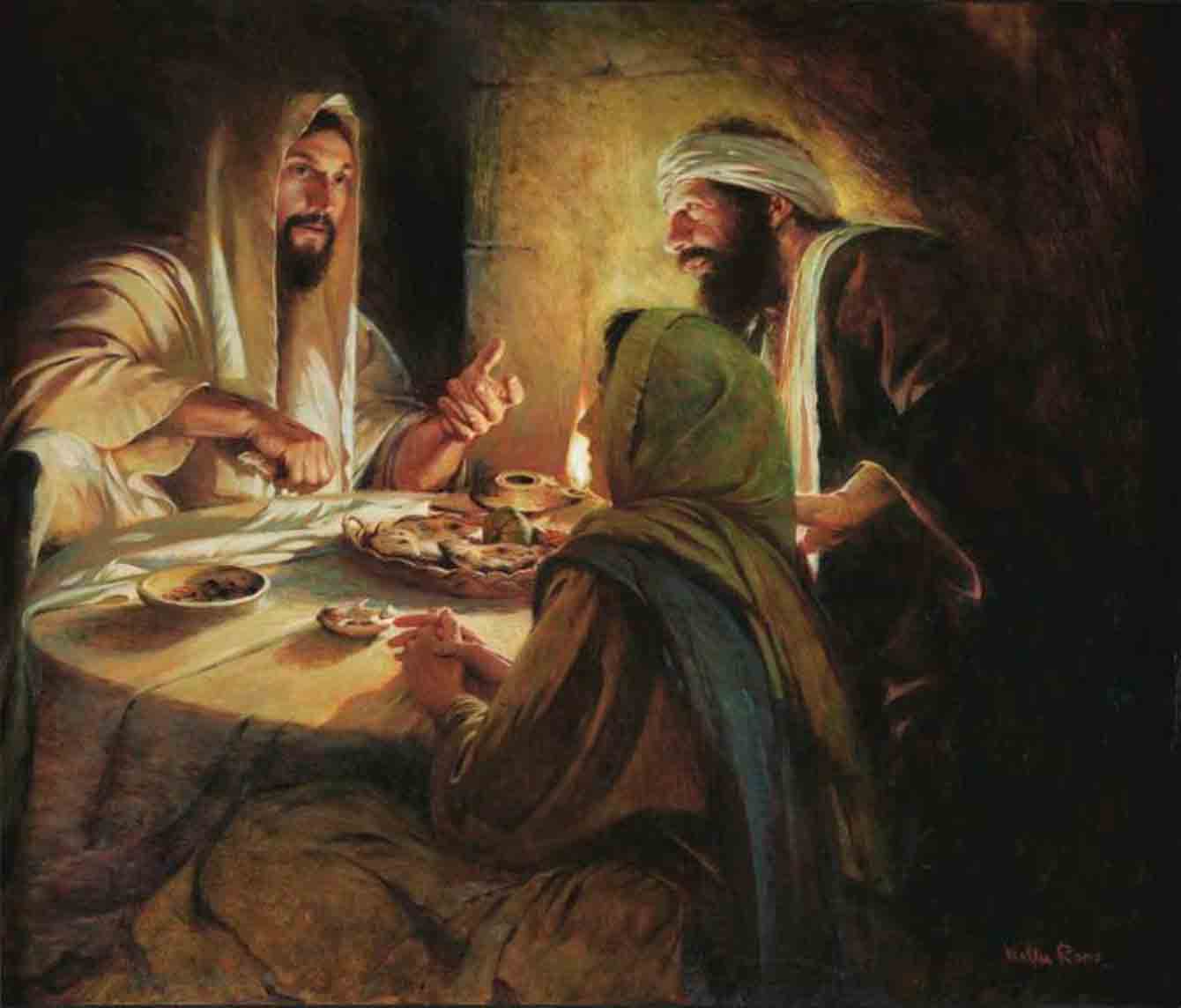The following is a reflection to be published in The Whanganui Chronicle which is the major daily newspaper for Whanganui. The timeframe is the eight days from May 8-13 and the segments are of 250 words or fewer.
Day One
“Yes or no, does human life make sense, and does man have a
destiny? I act, but without even knowing what action is, without having wished
to live, without knowing exactly either who I am or even if I am ...
Supposedly, then, I am condemned to life, condemned to death, condemned to
eternity! Why and by what right, if I did not know it and did not will it?”
Thus, wrote the philosopher Maurice Blondel in 1893. In this series of
reflections in Thought for the Day I
invite you to join me in reflecting on
the profound realities of our existence perhaps as you peruse The Chronicle while eating your meusli,
having a coffee at work or waiting for a haircut.
So often we take for granted the everyday life including the
very fact of life itself. Sometimes, with characteristic Kiwi modesty we downplay
ourselves saying: “I am only a ...”, or, “I am just a ...”. The media
constantly beams into our living rooms lives that seem to be so much more
glamorous, exciting and interesting. Sometimes, we look to “produce, direct and
star” in our own reality show on social media or YouTube. How, then, can I make
sense of who I am without succumbing to vanity, false modesty or self
condemnation? It is important to come to an answer to the puzzle of who I am
since there will never be another me.
Day Two
The uniqueness of my existence can be traced to any number
of factors including DNA, emotions, memories, thoughts and the illnesses proper
to me in my own unprecedented and unrepeatable set of circumstances. Even
identical twins, who share exactly the same DNA, are individuals. At the same
time I can empathise with others and even imagine what it might be like to be
like them. We share our human condition and regardless of the colour of our
skin, language or body shape our humanity binds us into a unity which, as
history as progressed, we are recognising more and more. Rightly racism,
slavery and genocide are seen as crimes not just against the individuals who
are attacked but also as “crimes against humanity.”
Already, I hope, you are sensing some of the wonder that dawns
on me as we contemplate the mystery of our existence and our role in the story
of the human family over the millennia. This is the case, even without
considering who we are for one another and the possibilities that the future
may have for each one of us. This is even more the case since there is not only
me but an us. My uniqueness is necessarily bound up with the uniqueness of
everyone else as a collective. Our destiny, whether it is annihilation or a life
beyond our imagining, awaits all of us to share together.
Day Three
Despite the inevitibility of our shared future and the
difficulty of coming to terms with our own individual and collective past it is
possible to say that the seeds of the future lie in our present action. That
seems obvious but how often do we lose touch with the possibilities of the present? We also tend to forget that it
is precisely the desire to act that speaks of a sense of always going beyond
ourselves, always becoming. We are a mystery to ourselves because we do not
know what precisely we are capable of. Suicide is considered a tragic and
senseless act because it shuts the door on the future and on the possibilities
of my own story.
It is not only in the sphere of saving money to buy a house
or going to the gym to get healthier where the moment of decision lies but in
my whole attitude to life and the key to its meaning. My innate tendency to
transcend the present calls me on. The question is whether how I am acting now
is authentic and worthy of who I am striving to become. The paradox, however,
lies in the reality that I cannot meet my own needs! It is through reaching out
to others and meeting their needs that my own need for truth, meaning and love
is met. In other words, to become myself I need to forget myself and trust in a
shared future which we trust we can discover together.
Day Four
If it is the case that our needs can be met by meeting those
of others and our future is bound up with our collective reality why is it so
hard? We misread each other, betray each other, bruise each other. Sometimes it
is deliberate sometimes malicious, sometimes not. When we act it is not always for
the benefit of others or even for ourselves. Animals seem to know what they
want yet it is humans who have the potential to act more or less than
themselves. We just need to look at the history of the World Wars to see that
or read the court reports in The
Chronicle.
People can appeal to the law or to the use of reason or
common sense. Surely, we have the capacity to act for our own benefit? Education
is seen as the answer. If only people will learn! Nevertheless, our actions
betray us and through them we betray others. Writing almost two thousand years
ago Paul of Tarsus wrote: “I do not understand my own actions. For I do not do
what I want, but I do the very thing I hate.” (Romans 7: 15) The precious
uniqueness of my life it seems is being squandered and the opportunities
offered by my future, instead of motivating me, become an oppressive weight on
my shoulders. Worst of all the person who is sabotaging my life turns out to be
me. I am the one to blame!
Day Five
So far, in these reflections, we have journeyed from a sense
of optimism, wonder and hope, at what it means to be human and the intriguing
possibilities of life, to a sense of incredulity, dismay and pessimism at our
ability to make a mess of things. What stares us in the face is the prospect of
death. Whether my actions are good or bad the end result will be the same.
Futility lies just around the corner even when things are going well. The
ancient Jews perceived this: “So I became great and surpassed all who were
before me in Jerusalem; also my wisdom remained with me. Whatever my eyes
desired I did not keep from them; I kept my heart from no pleasure, for my
heart found pleasure in all my toil, and this was the reward for all my toil.
Then considered all that my hands had done and the toil I had spent in doing
it, and again, all was vanity and a chasing after wind, and there was nothing
to be gained under the sun.” (Eccles. 2: 9-11)
It is apparent that self-indulgence and pleasure seeking
cannot satisfy the needs of the human heart nor can it give meaning to the
actions which always look beyond themselves for fulfilment and never finding
it. Paul tells us: “... for the creation was subjected to futility, not of its
own will but by the will of the one who subjected it, in hope ...” (Romans 8:
20)
Day Six
The mystery of human existence and of the rest of reality is
indeed great. Paradoxically actions, performed by unique, unrepeatable
individuals, who are designed to live for each other, can lead us to either
ecstasy or despair. Augustine of Hippo, about 1650 years ago, found the answer
in God: “Late have I loved you, O Beauty so ancient and so new; late have I
loved you! For behold you were within me, and I outside; and I sought you
outside and in my ugliness fell upon those lovely things that you have made.
You were with me and I was not with you. I was kept from you by those things,
yet had they not been in you, they would not have been at all. You called and
cried to me and broke open my deafness: and you sent forth your beams and shone
upon me and chased away my blindness: you breathed fragrance upon me, and I
drew in your breath and I do now pant for you: I tasted you, and now hunger and
thirst for you: you touched me, and I have burned for your peace.” (St
Augustine, Confessions)
God, I find, is not just a question but the answer to all my
longings. The futility of my existence melts away: “Wretched man that I am! Who
will rescue me from this body of death? Thanks be to God through Jesus Christ
our Lord!” (Romans 7: 24-25)


